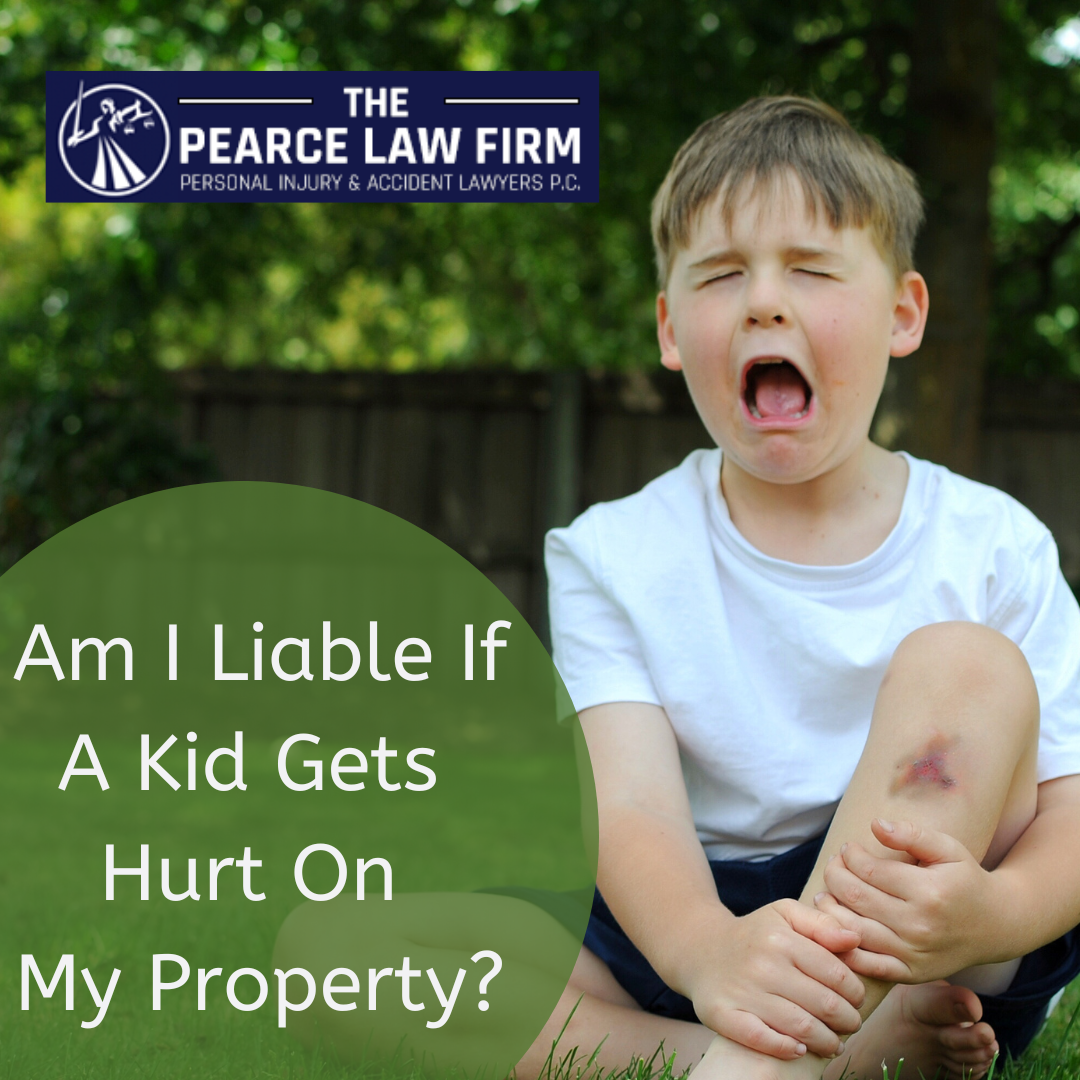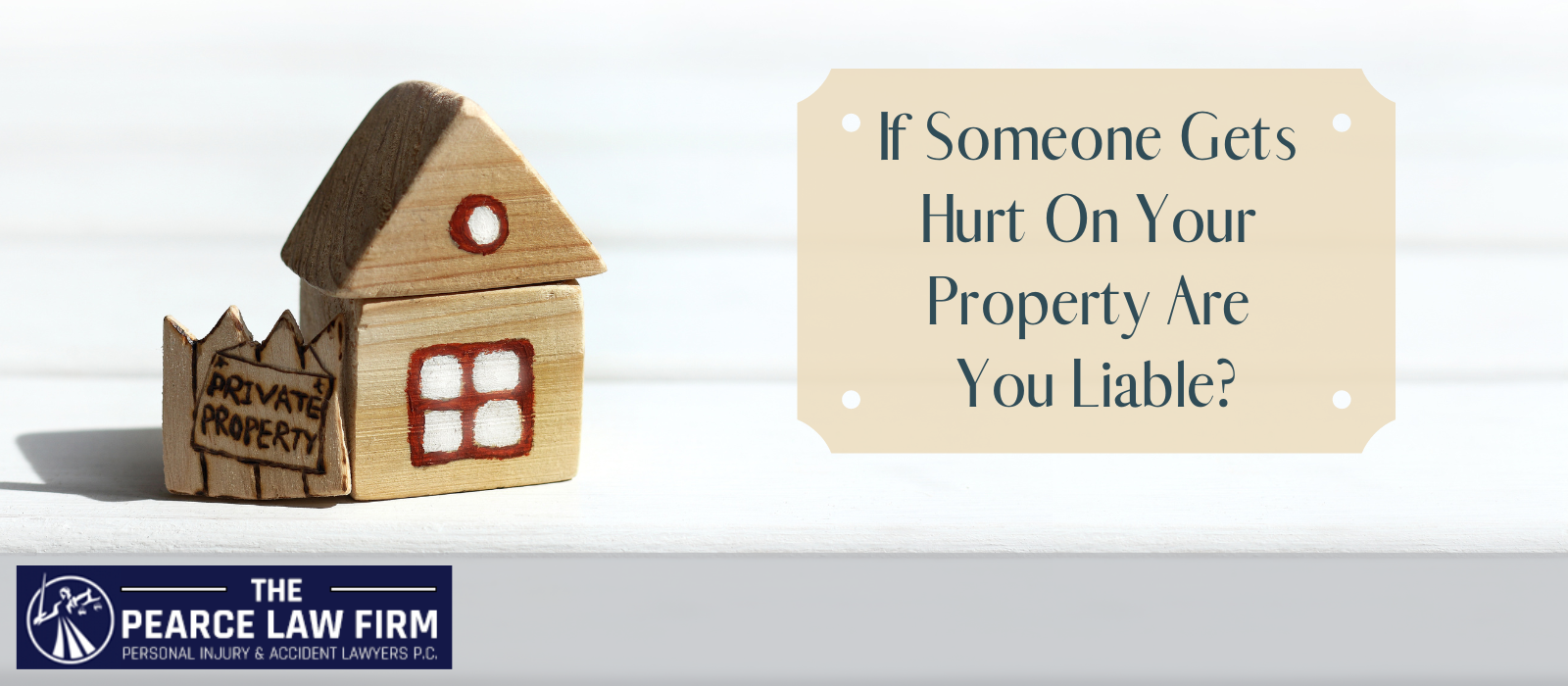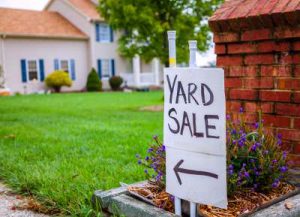Were You the One Injured?Call Us 24/7 – (215) 557-8686 or Email Us Here |
 |
If someone gets hurt on your property are you liable? Am I liable if a kid gets hurt on my property? These are very common questions we get asked at our Philadelphia law firm. As an attorney who worked for an insurance company and defense firm for years, I have answered these questions many times and handled cases where a property owner is being sued for a slip and fall accident. Whether a successful claim or lawsuit can be made against you, the property owner, if someone gets hurt on your property due to an alleged defect or condition on a homeowner’s or business’ property depends upon whether you invited or gave permission for the person to come onto your property and what that person was doing when they fell.
If you or one of your family members is indeed injured as a result of the negligence of somebody else, contact a personal injury lawyer near you, for a free consultation and case assessment, by email or call (215) 557-8686.
Jump to:
- Can I Be Liable if a Trespasser Is Injured On My Property,
- What Happens if Someone Gets Injured on Your Property,
- What if I Invite Someone To My Home Office or Business and They Get Hurt on My Property Am I Liable,
- Contact Us
Did You Fall On Someone Else’s Property?Call Us 24/7 – (215) 557-8686 or Email Us Here |
 |
The law dealing with a landowner’s duty of care is governed by whether the person injured on the property was a trespasser, licensee, or invitee. Here’s how, I will provide some examples of court cases that help explain the concepts and answer more fully; what happens if someone gets injured on your property?
Can I Be Liable If a Trespasser Is Injured On My Pennsylvania Property?
A trespasser is defined as someone who goes onto someone else’s property without permission. If a trespasser gets hurt on your property, the law doesn’t protect them very much. The owner of the property just has to make sure they didn’t do anything on purpose to hurt the trespasser.
Is there Willful Misconduct?
If the owner knows about a dangerous condition on their property and doesn’t fix it or warn the trespasser, they could be in trouble. This is referred to as “willful or wanton misconduct.”. “Willful or wanton” is defined as conducting in reckless discard of the safety of another.
How can you confirm the person was a trespasser?
It can be hard to know if someone is a trespasser because sometimes people are allowed on a property but then go somewhere they’re not supposed to be. In one Pennsylvania case, a teenager playing in a schoolyard became a “trespasser” when he climbed onto the school roof. The court held once he climbed on the school roof, he was a trespasser. Since the injury happened when the teenager was on the school roof, he was considered a trespasser. As a property owner, it’s important to make sure you don’t let people illegally come onto your property. If people are using your property as a shortcut, you should put up signs or a barrier to stop them. This can help you show that the trespasser knew they weren’t supposed to be there.
What Happens If Someone Gets Injured on Your Property Like a Neighbor or Guest – Can They Sue?
If someone is allowed to be on your property because you invited them or because they have the right to be there by law, they’re called a licensee. Examples of licensees are:
- People who come to your house as guests (not connected with a business)
- Kids who are allowed to play on a vacant lot
- Halloween trick-or-treaters
- Utility workers, such as a meter reader for a utility company like PECO
- A police officer or firefighter
As the owner of the property, it’s your job to make sure your property is safe for licensees or to warn them about any dangerous things you know about. This could be things like:
- a broken step
- a hole in the yard
- a rotted handrail
Do I have to do an extensive search of my property?
You don’t have to search your property for hidden dangers, but you should fix or warn about things you know about. Your guests should also be careful and watch out for obvious dangers, but it’s your responsibility to tell them about hidden dangers you know about. If you haven’t fixed a broken step or railing with an exposed nail, you should either fix it or warn your guests about it.
What if I Invite Someone to My Home Office or Business and They Fall or Get Hurt on My Property Am I Liable?
If you allow someone to come onto your property, you might be responsible if they get hurt depending on what they were doing when they got hurt. If someone gets injured on your property, you can’t just say that you didn’t know about the problem. It’s your responsibility to make sure the property is safe by doing a reasonable inspection and fixing any dangerous conditions that you find.
Is the person there for business?
If someone is on your property for a business purpose, like if they’re a customer or a member of the public using your business property, they’re called an invitee. As the owner of the property, you have to make sure your property is safe for invitees and fix any dangerous things you know about or find out about during an inspection. There are two types of invitees: business invitees and public invitees. A business invitee is someone who comes onto your property for a purpose related to your business. A public invitee is someone who is invited to come onto your property for a purpose open to the public.
If someone is an invitee on your property, you have to make sure your property is safe for them and fix any dangerous things you know about or find out about during an inspection. This is different from if someone is a licensee, where you only have to warn them about hidden dangers that you know about. An invitee is entitled to expect that land that is open for use by the public has been made safe. This means that if someone is an invitee and gets hurt on your property, they can sue you, so it’s important to make sure your property is safe for invitees.
Is a garage sale or business party considered a business?
If you allow people to come onto your property for a business purpose, like if you’re having a garage sale or a business party at your house, they might be considered an invitee. This means that as the owner of the property, you have to make sure your property is safe for invitees and fix any dangerous things you know about or find out about during an inspection. If someone is an invitee and gets hurt on your property, they can sue you, so it’s important to make sure your property is safe for invitees.
What if the person doesn’t purchase anything?
Even if someone doesn’t come onto your property to make a purchase, they can still be considered a business invitee if their visit relates to the purpose for which you use the land for your business. For example, if someone comes into the parking lot of a convenience store and slips on ice while using the pay phone, they can be considered a business invitee even if they weren’t there to make a purchase. This means that as the owner of the property, you have to make sure your property is safe for invitees and fix any dangerous things you know about or find out about during an inspection. If someone is an invitee and gets hurt on your property, they can sue you, so it’s important to make sure your property is safe for invitees.
Contact a Property Liability Lawyer Near You in Pennsylvania or NJ
If you need to obtain legal advice in Pennsylvania or New Jersey, The Pearce Law Firm is here to help. For a free consultation and case assessment, email us or call (215) 557-8686.
In cases of accidental gunshot injuries, various parties can potentially face liability, determined by the specific circumstances of the incident. Homeowners, for instance, might be deemed accountable in certain scenarios, such as when their failure to adequately secure firearms results in accidental injury while visiting their residence. Contact a Pennsylvania gunshot wound lawyer if you have any questions.
Learn more about the Prevention of Home Accidents or Amazon Delivery Slip and Fall.
What Our Clients Say
“I was involved in a serious slip and fall accident. Edith recommended we take it to mediation, which was much quicker than going to trial. She is a super tough negotiator and smart. I was very satisfied with my settlement.”
Kurt S.
Rating: 5/5 ⭐⭐⭐⭐⭐
See our 4.8 rating and read more of our reviews on Google!
Sources:
- Litvin and McHugh, 3 West’s Pa. Prac., Torts: Law and Advocacy § 5.2 (2016).
- Section 332, Restatement of Torts, Second
- Cresswell v. End, 831 A.2d 673 (Pa.Super.2003)









